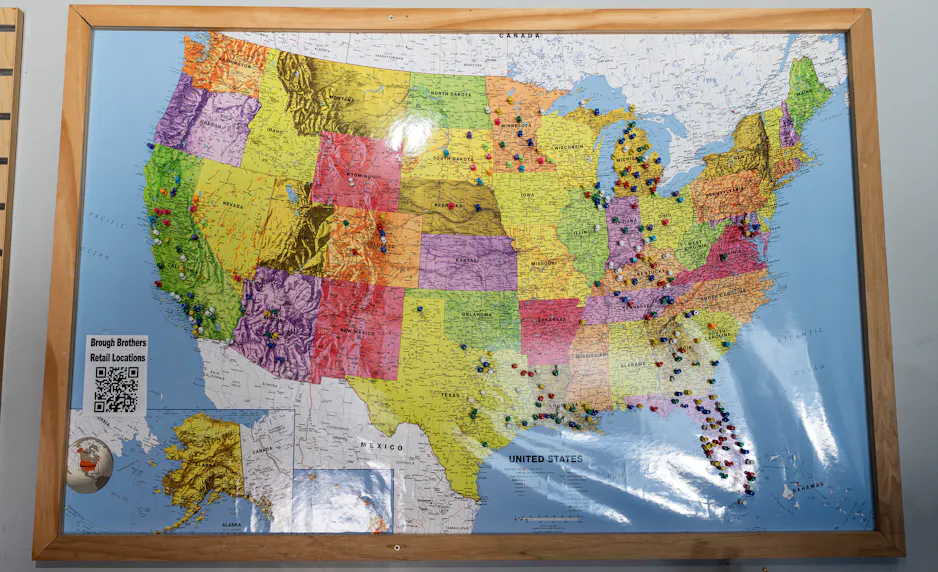Kalshi's Nationwide Model Raises Concerns Among US Geolocation Providers

Last Updated: October 21, 2025 3:29 PM EDT • 2 minute read X Social Google News Link


The surprising rise of Kalshi has raised eyebrows among the makers of US geolocation technology. Unlike the traditional best sports betting sites, Kalshi operates legally in all 50 states without requiring advanced geolocation tracking.
This model threatens to disrupt a key revenue stream for companies such as GeoComply, Radar and Xpoint Tech, which rely heavily on contracts with licensed gaming operators bound by state-by-state restrictions.
Kalshi has defended itself in court that applying restrictive location-tracking mechanisms will inflict economic as well as "irreparable harm." The company asserts that it operates under the federal Commodity Futures Trading Commission's (CFTC) jurisdiction, which gives it legal authority to circumvent some state-level gambling controls.
A recent decision by US District Judge Brenda Weksler permits Nevada to seek discovery in the ongoing case, potentially shedding further light on how prediction market apps interact with prevailing gaming models.
The geolocation companies objected, warning that Kalshi's interpretation could undermine compliance mechanisms designed to prevent illegal gambling. Their technology, which uses GPS, WiFi, and cellular data to authenticate the user's exact location, has become critical to the enforcement of gaming regulations in the states.
The providers are now offering more comprehensive applications for their systems, including those for fraud detection and integrity checks. Kalshi, valued at an estimated $5 billion, is still hesitant to adopt full geolocation services due to excessively high costs and operational risks.
Kalshi's NFL parlays stir markets but remain small
Kalshi's influence on the traditional best sports betting apps has expanded beyond regulation concerns. In September, the platform began offering customizable NFL parlays. This move coincided with a sharp drop in the stock prices of major sportsbook operators DraftKings and Flutter, the parent company of FanDuel.
Both stocks are still down from their September highs. Despite the market reaction, parlay trading remains a small part of Kalshi's overall business.
During the first week of parlay availability, Kalshi recorded $6 million in related trading volume, increasing to $10.1 million the following week. Between October 6 and 12, same-game parlays reached $5.5 million in volume, and multi-game parlays added $4.6 million.
Together, these represented about 3.1% of Kalshi's $330.5 million in weekly NFL trading volume and only 1.1% of total platform activity.
By contrast, parlays have accounted for more than 60% of sportsbook revenue and 30% of handle in the Maryland sports betting, Illinois sports betting, and New Jersey sports betting markets. Kalshi's parlay introduction, covering results, point spreads, and player props, was seen as a bold step toward replicating sportsbook features. Still, the anticipated migration of bettors from traditional platforms has yet to materialize.
Nevertheless, Kalshi's increasing presence in the sports market is seen, with September trading in the NFL at $1.13 billion and college football volume at $811 million, for both months collectively responsible for approximately 90% of overall activity.

Ziv Chen X social





